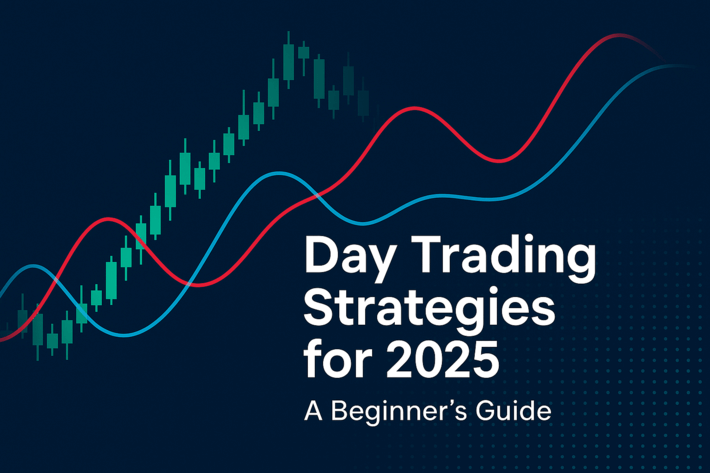Trade Execution: Definition and How It Works
Trade execution is the process of fulfilling an order to buy or sell securities. However, your brokerage can deal with securities in several ways, and you need to understand this process to ensure your best interest is being met.
After you place an order to trade assets, your broker needs to get this order filled on the market. While placing an order is immediate, it doesn’t complete instantly.
Your broker has different options for filling the order, which determines the transaction's success.
How Trade Execution Works
Let’s look at an example: If you place an order with your brokerage to sell 100 shares of stock with a market price of $30, your broker can route this order to a market maker offering $30.5 per share.
In this case, you have created a $50 spread. The price you are selling your shares for is $50 higher than the listed stock price, and you are selling your shares for a total sum of $3,050.
Bear in mind that, depending on the type of the transaction, the execution costs will be different. You will have to deduct broker fees and pay the market maker.
Also, orders placed online will have fewer costs involved. Luckily, with the advancements in communication technology, more people can afford online broker services.
How Does a Broker Fill the Order?
Market orders are one of the most common types of trade orders. They are to be executed as soon as possible for the best possible price.
Limit orders are executed when the targeted asset reaches a set price. This decreases the likelihood of execution, as the order will not get filled if the set price is not met.
Such actions require more time and effort from the broker, so their fee will be higher. Again, trade transactions can be processed manually or electronically.
On-Floor Order
Brokers can place an order directly on the floor of the stock exchange (e.g., the New York Stock Exchange) or to a regional stock market, which sometimes charge a fee for the execution of an order.
On-floor orders can take time to process, as brokers execute them manually on the exchange floor.
Third Market Maker
If your broker is a non-exchange member, meaning they don’t have access to the stock exchange floor, they will direct your order to a member firm.
This carries additional costs, and there will also be incentives for the broker to prefer certain market makers to others, which might not be in your best interest.
OTC Market
A broker routes orders to a particular market maker for execution. However, not all assets are listed on stock exchanges, but you can still trade them.
Instead, these securities are traded “over-the-counter,” and the orders are executed directly between those buying and selling, without intermediaries.
Electronic Communications Network (ECN)
Orders can also get executed automatically, without hefty fees or wasted time. The computer will quickly match buy and sell orders; ECNs are mainly used with limit orders.
It offers security from stock price volatility and is a good choice for after-hours trading. On the other hand, due to the set stock price, orders can take longer to get fulfilled.
Internalization
If your brokerage has an inventory of the stock you wish to buy or sell, your order can get routed for in-house execution. The brokerage will earn extra money on the bid-ask spread.
This option will work out favorably for your broker, but you probably won’t get the best execution price available.
Conducting the Best Trade Execution
Brokers are obliged to provide the best available execution for their clients by assessing the order placed and searching for the best bid and offers on the market.
There could be a chance to improve the listed price, and brokers are law-bound to seize such trading opportunities. Still, this isn’t always the case.
Sometimes the broker might favor certain market makers and get the order completed with them instead of choosing the best possible order execution for the client.
Albert Einstein is said to have identified compound interest as mankind’s greatest invention. That story’s probably apocryphal, but it conveys a deep truth about the power of fiscal policy to change the world along with our daily lives. Civilization became possible only when Sumerians of the Bronze Age invented money. Today, economic issues influence every aspect of daily life. My job at Fortunly is an opportunity to analyze government policies and banking practices, sharing the results of my research in articles that can help you make better, smarter decisions for yourself and your family.





